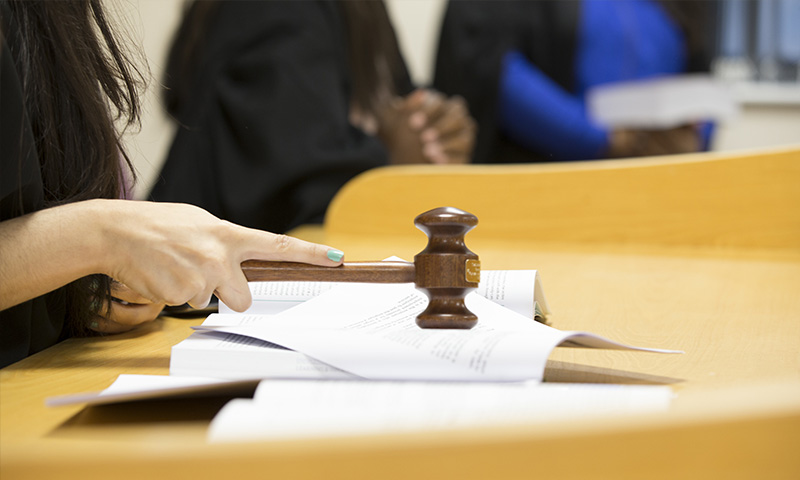The LLM Legal Practice Course (LLM LPC) aims to prepare you for practice as a trainee solicitor and to provide you with a solid foundation for subsequent practice as a solicitor. This course is a key part of the vocational stage of training to become a solicitor for graduates or members or Fellows of the Chartered Institute of Legal Executives who have completed the academic stage of legal training. Students will receive a Postgraduate Certificate in Legal Practice upon successful completion of Stage One only. Students that complete both Stage One and Stage Two will be completed with the full award of Postgraduate Diploma in Legal Practice.
The course emphasises and develops the skills which are required for a successful career in practice, and it must be successfully completed prior to the commencement of a training contract.
Additionally, the course will provide you with the opportunity to develop in-depth knowledge of an area of chosen legal interest through completion of a Master's-level dissertation.
Students are supported in their search for employment with a dedicated careers tutor and a number of initiatives throughout the academic year. We have strong links with both local and national firms and are engaged with the local legal community with visiting lectures from local firms on a regular basis.
“I recall from my own time studying the LPC at the University of Wolverhampton that the University had close links with local solicitors and law firms. I found these links useful because local solicitors would often attend the University to give guest lectures and career talks. As an aspiring solicitor at the time I remember that this gave me invaluable insight into life as a solicitor and hearing from practising solicitors helped me to really believe that I too could qualify as a solicitor! Now that I am a qualified and practising solicitor, as alumni of the University I find it extremely rewarding to have maintained links with the University, which offers me opportunities to speak to current students about life as a solicitor. I know from first-hand experience how useful such access can be and I hope that any insight I can give about my own story and how the University of Wolverhampton prepared me for life as a solicitor helps and inspires current students.” Darren Cox. Alumni and Associate Solicitor at Thursfields Solicitors.
LPC students will have the opportunity to participate in mentoring schemes, to attend the University’s Law Careers Fair and to attend practitioner presentations and workshops.
Zainab Katiin studied LLM Legal Practice, and is now a business development manager and solicitor.
The law school has a history of training many solicitors and lawyers including Olapeju Adenuga and Tan Ikram.
Facilities
The School is based in the University's contemporary Mary Seacole Building (MH) and benefits from a range of specialist facilities to help you study.
Our large lecture theatre and all of our teaching rooms are equipped with high-tech audio visual equipment, giving you a comfortable and stimulating environment in which to learn. You can also enjoy our dedicated social learning space. Find out more.


/prod01/wlvacuk/media/departments/digital-content-and-communications/images-18-19/iStock-163641275.jpg)
/prod01/wlvacuk/media/departments/digital-content-and-communications/images-2024/250630-SciFest-1-group-photo-resized-800x450.png)
/prod01/wlvacuk/media/departments/digital-content-and-communications/images-18-19/210818-Iza-and-Mattia-Resized.jpg)
/prod01/wlvacuk/media/departments/digital-content-and-communications/images/Maria-Serria-(teaser-image).jpg)
/prod01/wlvacuk/media/departments/digital-content-and-communications/images-2024/241014-Cyber4ME-Project-Resized.jpg)
/prod01/wlvacuk/media/departments/digital-content-and-communications/images-18-19/210705-bric_LAND_ATTIC_v2_resized.jpg)




